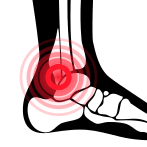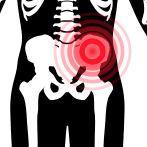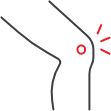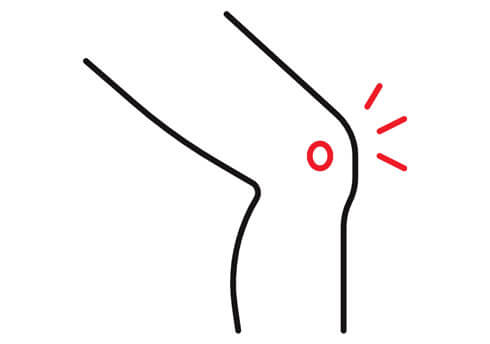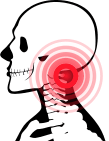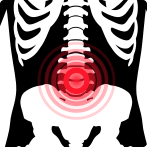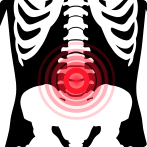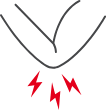Do the bottoms of your feet hurt, but you don’t know why? It could be plantar fasciitis. This common condition affects about 2 million people each year, causing pain and discomfort. In fact, this is an issue that has plagued many of our Triathlon Club members, but thankfully, our expert coaches and physios have been help them stay on track during their race season. But what is plantar fasciitis and what can you do if you have it? Next Level Physio has the answers.
What is Plantar Fasciitis?
Plantar fasciitis occurs when the plantar fascia becomes inflamed, resulting in pain and stiffness. The plantar fascia is a bowstring-shaped band of thick tissues that lie directly underneath the heel of the foot. By connecting the heel to the front of the foot, the plantar fascia supports the arch of the foot and absorbs the high stressors we put our feet through on a regular basis.
The “fasciitis” part of it comes into play when these stressors become too intense. The term fasciitis refers to inflammation of the fascia of a muscle or an organ. Excessive pressure on the feet causes the tissues to tear, resulting in plantar fasciitis.
What Causes Plantar Fasciitis?
While plantar fasciitis can develop without a specific reason, there are certain conditions and activities that make people more prone to developing it. These include:
- Age. Most people with plantar fasciitis are between ages 40-60.
- Extremely tight calf muscles that make it hard to flex your foot.
- Obesity can put excessive pressure on the feet.
- Very high arches or flat feet.
- Pregnancy.
- Running, ballet, and aerobic dance.
- Sudden increase in activity.
- Occupations that keep you on your feet all day. Nurses, teachers, and factory workers may be prone to plantar fasciitis.
Are you someone who tends to overdo it when you know you should back off a bit? We get it :)
Signs & Symptoms of Plantar Fasciitis
Several telltale signs of plantar fasciitis are:
- A stabbing pain in the bottom of the foot near the heel
- Pain that gets aggravated within the first few steps after waking
- Pain that is triggered by long periods of standing or getting up after sitting
- Pain that worsens after exercise instead of during
How is Plantar Fasciitis Diagnosed?
Diagnosing plantar fasciitis will involve your physiotherapist performing a comprehensive evaluation, which includes, asking about your symptoms, examining your foot (or feet), and analyzing your activity profile. If there’s anything suspicious, your physio will refer you to a specialist to get X-Rays or MRIs to rule out other injuries like bone spurs, bone fractures, or arthritis.
Treatment for Plantar Fasciitis
A few nonsurgical treatment options for plantar fasciitis include active rest, wearing a splint at night, wearing arch supports in your shoes, and physical therapy. Physical therapy for plantar fasciitis involves providing the most appropriate plan of care to help you get back on your feet. Treatment may include skilled manual therapy, cold laser, shockwave therapy, and a specific activity plan to accelerate your recovery.
Next Level Physio for Plantar Fasciitis
Next Level Physio wants you to stay active and feel good while doing it. Our physio team will work with you to relieve your pain associated with plantar fasciitis.
What do we do differently at Next Level? On top of using cutting edge modalities and treatment strategies, we also provide you with programming to keep the rest of your body from deteriorating, and for those who are active, we can coach you on what CAN do to keep fit and healthy during the long recovery process.
In addition to physical therapy for plantar fasciitis, we also treat many other conditions including:
- Sports injuries
- Pre-surgical rehab
- Post-surgical rehab
- Neck pain
- Shoulder and elbow pain
- Vertigo and concussion
- Wrist and hand pain
- Ankle and foot pain
- Sciatica/back pain… and more
Some of the physical therapy methods we use for pain treatment include:
- IASTM Technique
- Blood Flow Restriction Training
- Therapeutic Exercise
- Shockwave
- Cold Laser
- Australian Manual Therapy
- Cupping, and more
Click here to schedule an appointment and a free consultation.

